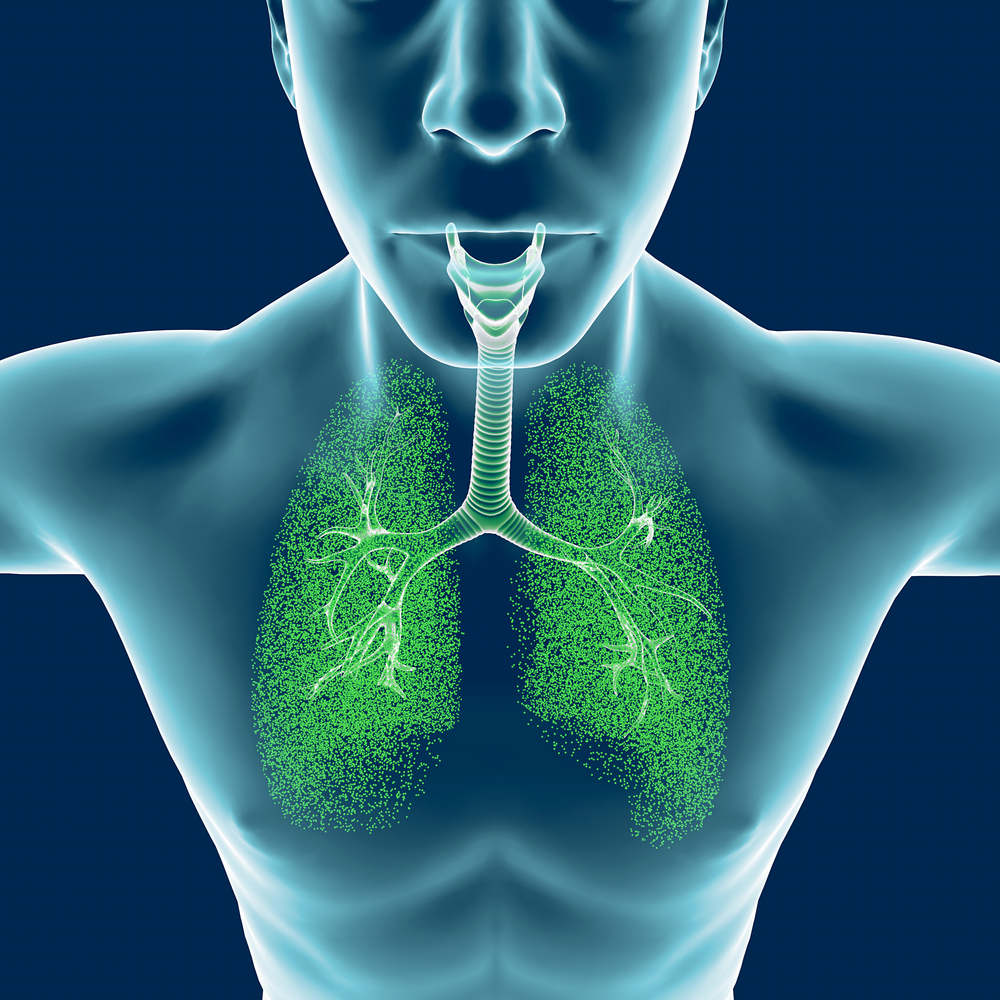Wnt5a Protein Contributes to Loss of Lung Regeneration in COPD, Study Says
Written by |

A protein called Wnt5a seems to be involved in the development of chronic obstructive pulmonary disease (COPD), according to a study published recently in the Journal of Experimental Medicine. This finding may be a path to the development of new therapies targeting this protein.
The study was published under the title “Non-Canonical WNT-5A Signaling Impairs Endogenous Lung Repair In COPD” and was conducted by a research team led by Melanie Königshoff, MD, PhD, from the German Center for Lung Research.
COPD is characterized by a persistent cough that reflects the damage occurring to the air sacks of the lung. In COPD patients, the lungs lose the ability to repair this damage on their own, leading to loss of healthy alveolar tissue.
Now, researchers identified a protein (Wnt5a) that seems to contribute to the loss of lung regeneration. The team found this protein has increased levels in tissue samples taken from COPD patients, and that its expression could be further induced by COPD-related stimuli, such as cigarette smoke. In cell cultures of alveolar epithelial cells (cells that line the alveoli in the lungs), the mature form of the protein inhibited the capacity of these cells to heal and repair themselves.
“In our current work we have been able to show that COPD results in a change in the messengers that lung cells use to communicate with one another,” said Königshoff, in a press release.
Using animal models of COPD, the team observed that stimulating the expression of Wnt5a led to lung emphysema, but the use of an antibody against this protein attenuated lung tissue destruction, improved lung function, and restored the expression of genes of functional alveolar cells.
“Our working hypothesis was that the relationship between different Wnt messengers is no longer balanced in COPD,” added Hoeke Baarsma, PhD, first author of the study. “In both the pre-clinical model and the tissue samples from patients, we found that in COPD tissue particularly the … Wnt5a molecule is increased and occurs in a modified form,” he said.
“Our results show that the classic Wnt/beta-catenin signal cascade is disrupted by the Wnt5a ligand,” concluded Königshoff. “This is a completely new mechanism in association with COPD and could lead to new therapeutic approaches, which are urgently needed for treatment,” she said.




